Art has emerged as a dynamic force in environmental activism, with artists and art organizations playing pivotal roles in raising awareness and driving change. Through evocative visuals and installations, artists highlight pressing ecological issues, from the effects of pollution to e-waste, turning these concepts into compelling narratives that resonate with diverse audiences.
Meanwhile, art organizations amplify these messages by curating impactful exhibitions and fostering community engagement. This approach not only inspires grassroots movements but also contribute to broader environmental advocacy and policy formulation, demonstrating the integral role of art in shaping a more sustainable future for Africa.
Artists play an increasingly pivotal role in environmental activism, using their creative talents to inspire change and raise awareness about pressing ecological issues. This is due to the fact that they are able to seamlessly blend art with activism, and effectively bring environmental challenges to the forefront of public consciousness in powerful and relatable way.
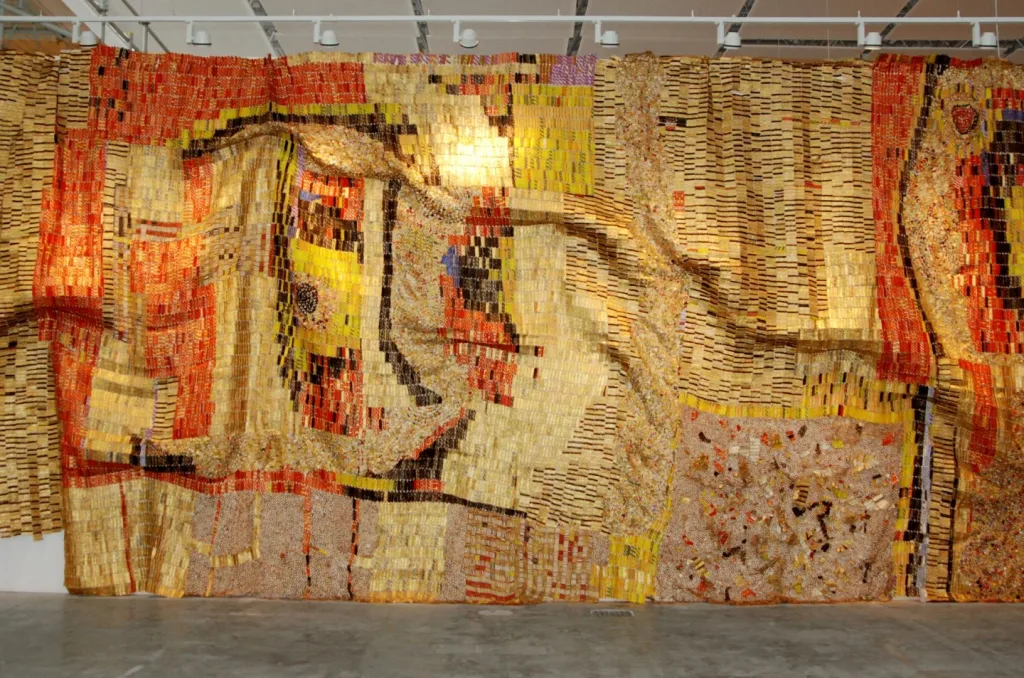
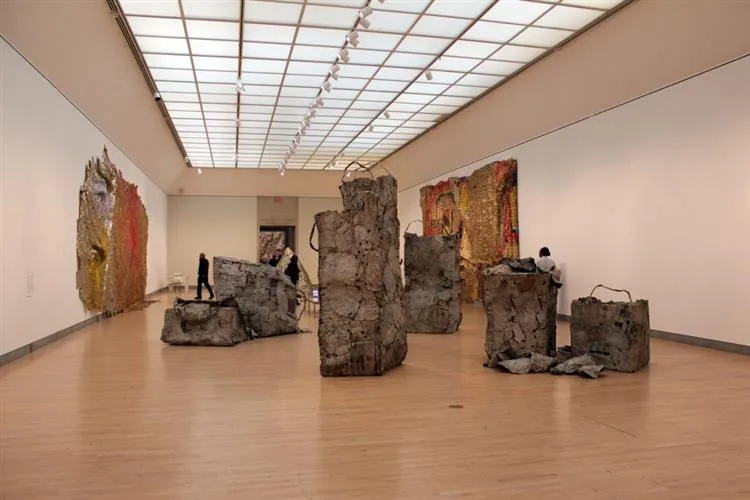
One of the most renowned African artists, El Anatsui, from Ghana, exemplifies this. He is known for his large-scale sculptures made from discarded materials, particularly bottle caps and aluminum waste. His works, such as “Earth’s Skin” and “Waste Paper Bags,” highlight the environmental impact of consumerism and waste. His art challenges viewers to reconsider their relationship with consumption and waste, while celebrating the possibility of renewal and transformation; with the connection between the earth and the human body.
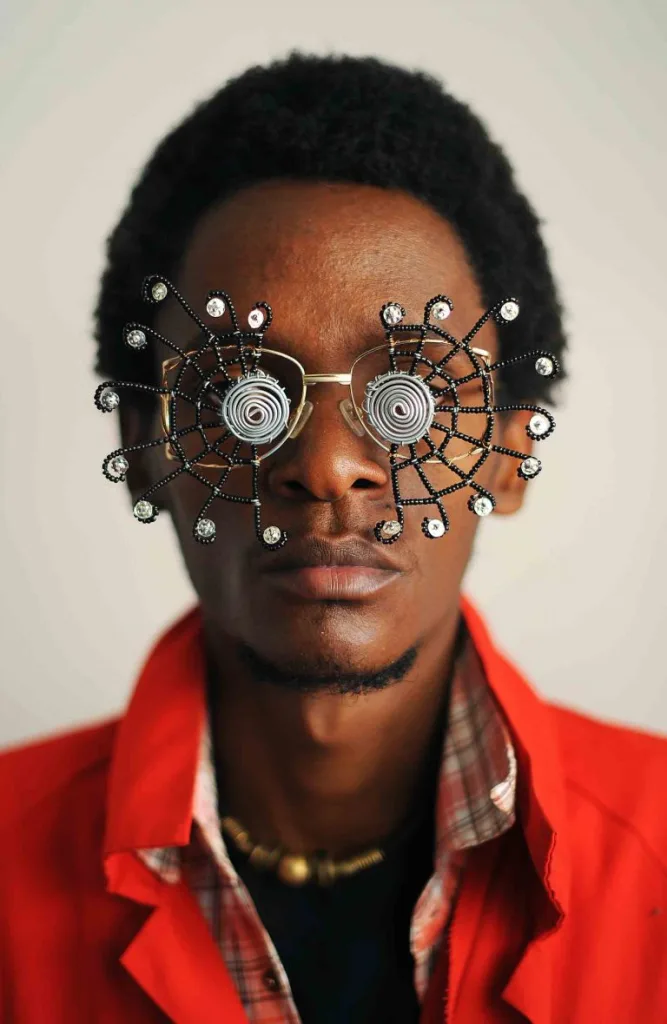
Kenyan artist Cyrus Kabiru is another notable figure in African artistic activism. Known for his “C-Stunners” series, where he creates wearable sculptures from discarded electronic waste, Kabiru addresses the growing problem of e-waste in Africa. His work not only draws attention to the environmental hazards of electronic waste but also showcases the potential for innovation and creativity in repurposing discarded materials. Kabiru’s art is a powerful commentary on the impact of technology on the environment and the need for sustainable solutions.
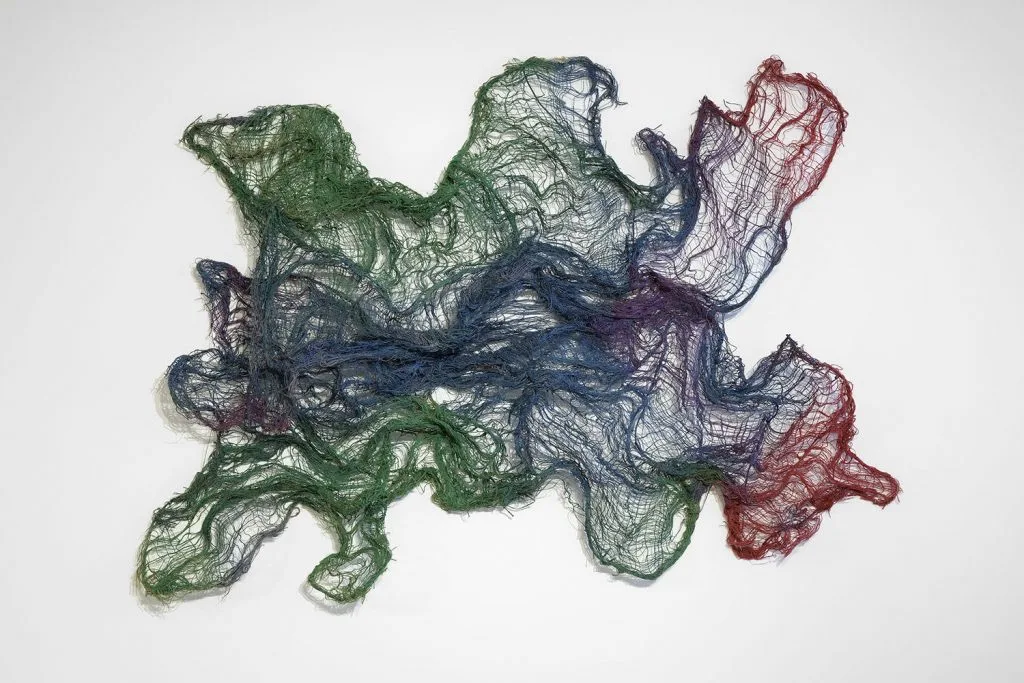
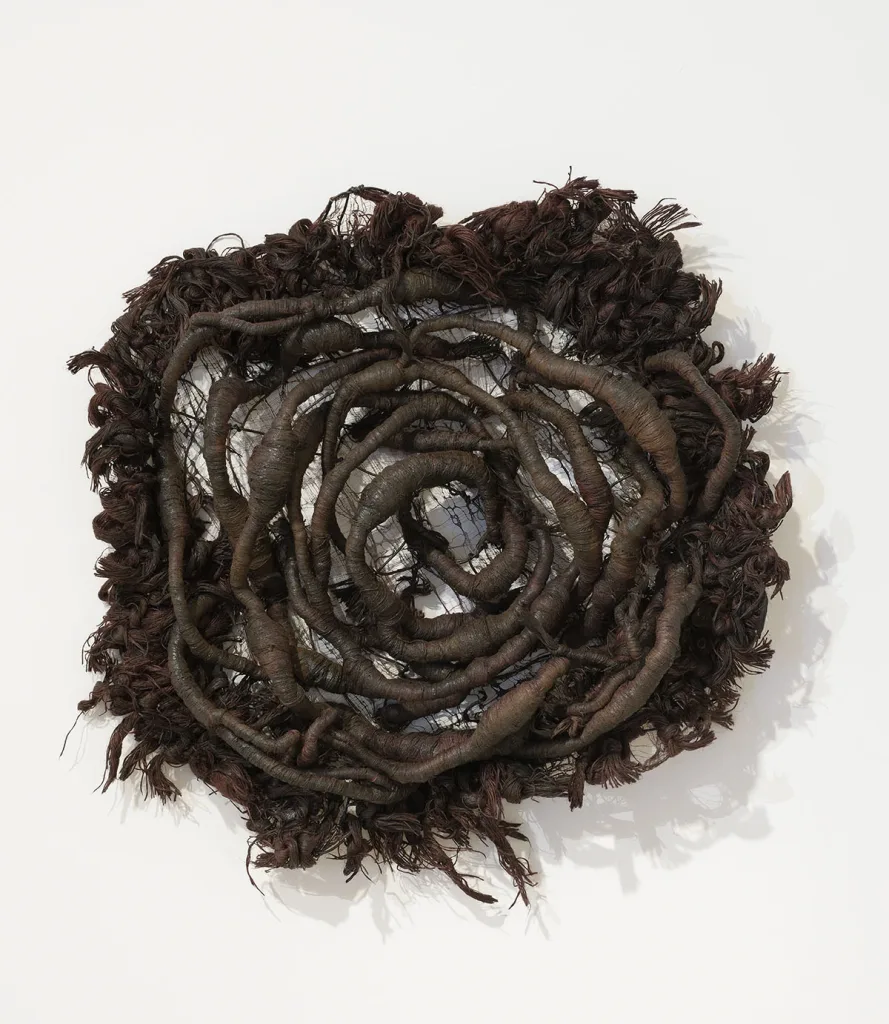
In a similar vein, Nnenna Okore’s work vividly illustrates the role of art in addressing environmental concerns. Her use of biodegradable materials serves as a poignant commentary on environmental fragility and human impact. Pieces like “Deeply Rooted” symbolize life and cultural connection through roots, while “Everything Good Shall Come to Pass” reflects on existence’s impermanence and the hope for renewal.
Furthermore, Okore’s art engages with local issues, such as the oil industry’s impact on the Niger Delta in Nigeria, and contributes to a broader global dialogue on ecological responsibility. By integrating African cultural narratives with themes of decay, transformation, and renewal, Okore’s work encourages reflection on environmental impact and advocates for sustainable practices.
Art organizations are playing a pivotal role in environmental activism, using their artistic influence to spotlight ecological concerns. By harnessing the emotional impact of art, these organizations are not just raising awareness but are also mobilizing communities to take action.
Additionally, their creative approaches have the potential to sway public opinion and shape policy, as they have greater prospects of collaborate with advocacy groups and policymakers. Through exhibitions, public installations, and community projects, art organizations are proving that they can be instrumental in advancing environmental advocacy and driving meaningful change.
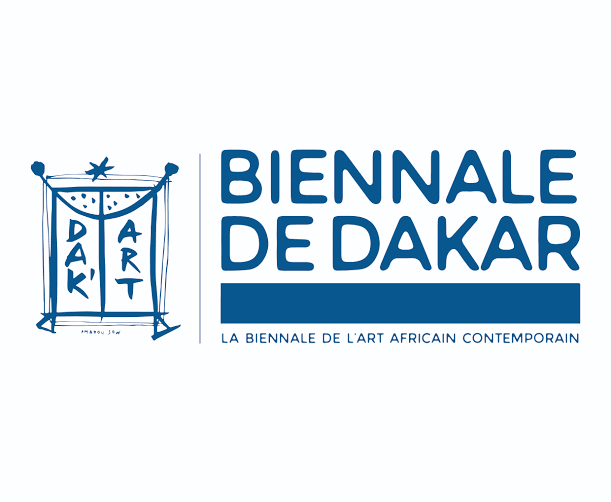
In Senegal, the Dak’Art Biennale 2024 epitomizes how art can be a powerful tool for environmental activism. It proposes to be a crucial platform for environmental discourse, gathering fifty-eight artists from across Africa and the diaspora to present works that confront ecological issues. Through its emphasis on dialogue and collaboration, the event encourages both artists and audiences to engage critically with Africa’s environmental challenges.
Although it was initially scheduled for May, it has been postponed to November 7 to December 7, 2024, due to changes in Senegal’s cultural and political leadership. Despite the delay, the biennale, under the artistic direction of Salimata Diop, remains focused on its theme, “The Wake,” which calls for a collective awakening to the social and environmental crises facing the world.
Held in various locations across Dakar, including the Musée des Civilisations Noires and Galerie nationale d’art, the biennale highlights the vital role of art in driving conversations about sustainability and environmental justice. By bringing together a global community of artists and thinkers, Dak’Art 2024 continues to reinforce the importance of art organizations in shaping a more sustainable future through creative and impactful environmental activism.
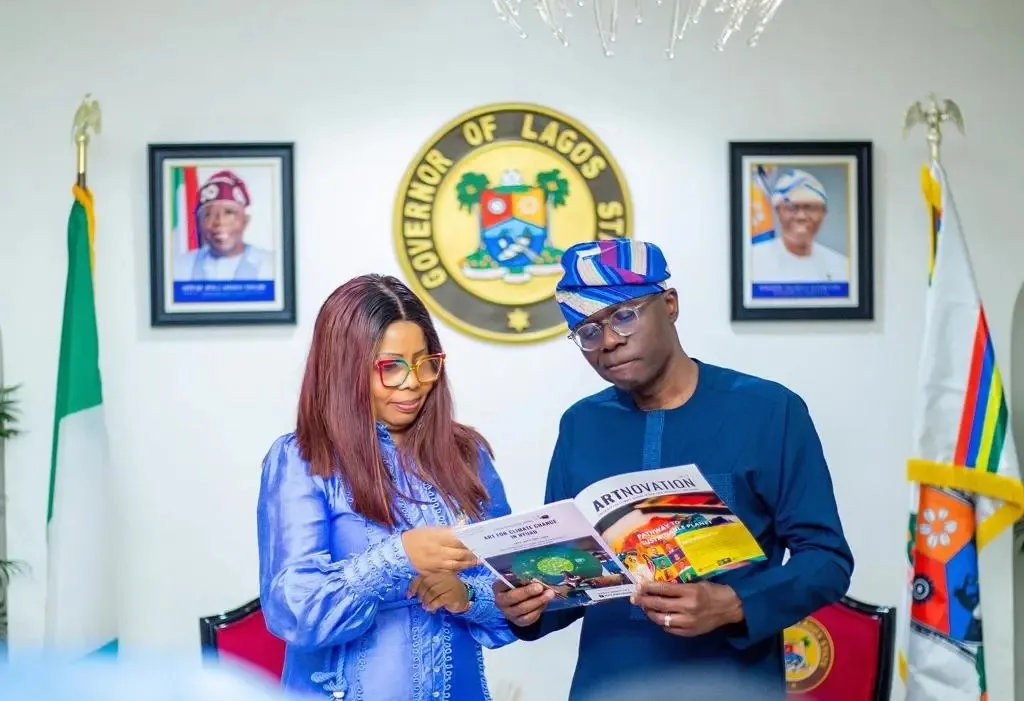
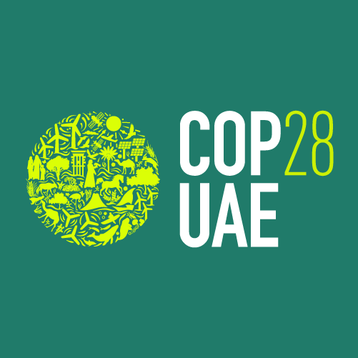
In the context of environmental activism by art organizations, the Lagos State Government launched the “Art for Climate Change Project” to advance climate change advocacy through artistic expression. Partnering with the Creative Youth Community Development Initiative – Solution17 for Climate Action, and New York University (NYU) Abu Dhabi, the project focused on children aged eight to twelve, enabling them to co-create solutions for global and local climate issues on canvas.
It encouraged collaboration between Lagos artists, tech innovators, climate experts, and students from NYU Abu Dhabi to address key thematic areas relevant to COP28. This collaboration was brought to life through a series of events, including co-creation hubs, live painting marathons, dialogue series, and exhibitions. Building on a prior partnership with The Vision of the Child (VoTC) program, which had mentored young artists under Nobel Laureate Prof. Wole Soyinka, the “Art for Climate Project” highlighted tech-driven climate solutions across 17 canvases in Lagos and NYU Abu Dhabi.
These works were presented through storytelling mediums such as documentaries, films, music, and exhibitions, contributing to climate policy discussions at COP28 and beyond. The project’s thematic focus encompassed renewable energy, climate-smart agriculture, the circular economy, and more, showcasing how art can drive meaningful environmental change, address global challenges and influence policy.
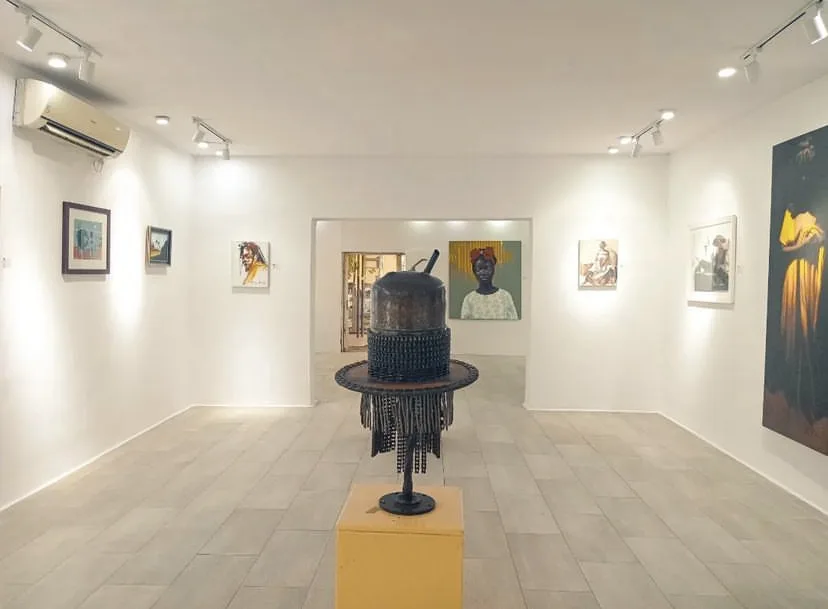
In a parallel move towards environmental responsibility, Omenka Gallery in Lagos has recalibrated its approach to art engagement. Choosing to enhance its online presence rather than participate in international art fairs, the gallery, led by Oliver Enwonwu and Ladun Ogidan, aims to mitigate its carbon footprint. This shift mirrors the digital adaptations many galleries made during the COVID lockdown, allowing Omenka to reach audiences more sustainably.
Prioritizing sea shipping over air freight for art transport, Omenka aligns with the Gallery Climate Coalition’s recommendations, acknowledging the significantly lower climate impact of sea transport. This logistical change is part of their broader commitment to sustainability.
Moreover, Omenka’s mission integrates ecological themes into its programming. The gallery challenges artists to address climate change through their work and adopt environmentally friendly practices. Through community events, talks, and exhibitions focusing on sustainability, Omenka’s role in advancing environmental advocacy within the art world is underscored.
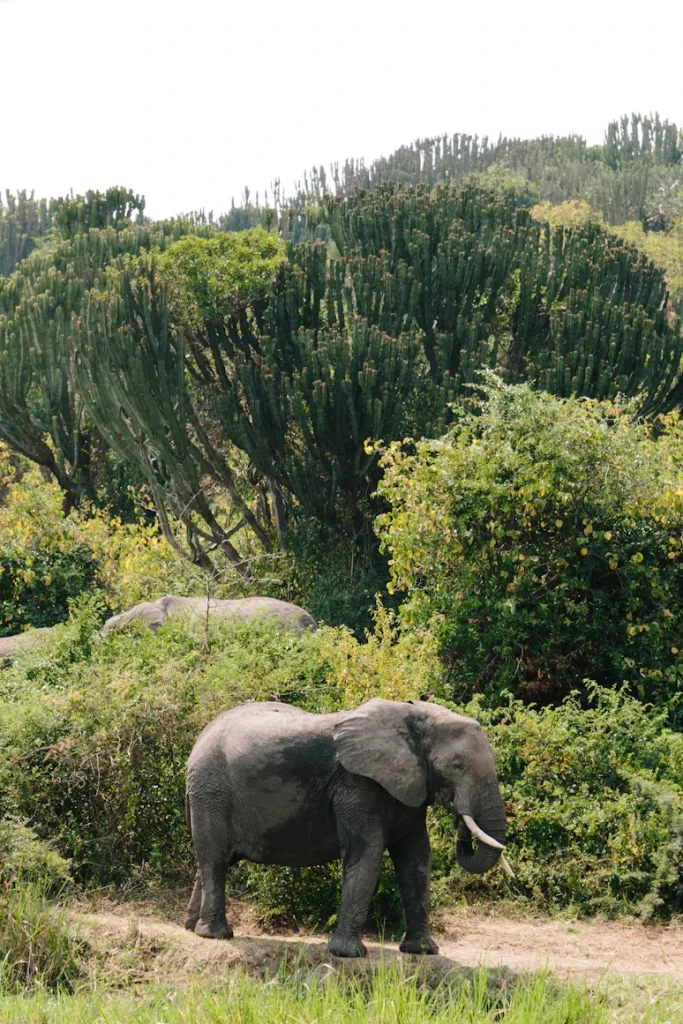
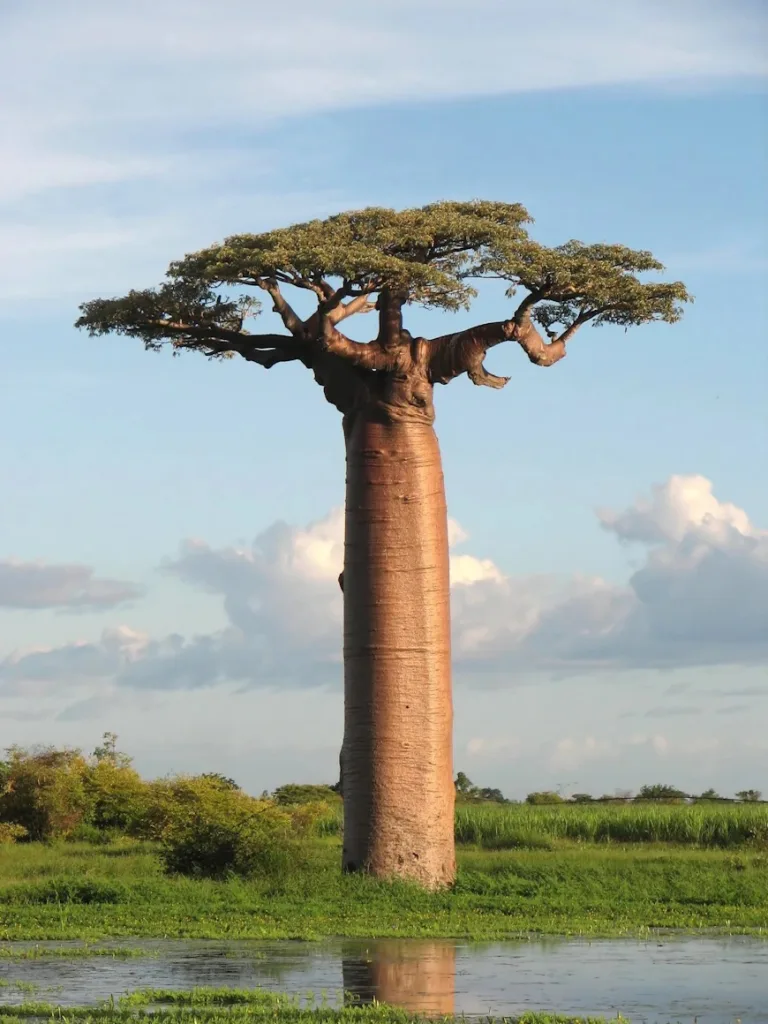
As Africa grapples with environmental challenges, art has emerged as a powerful tool for change. Artists and organizations are leading the way in raising awareness, fostering community engagement, and influencing policy. Through their work, they are not just highlighting ecological issues but also inspiring sustainable practices and collective action. By integrating art into environmental activism, these pioneers are helping to shape a more sustainable future for Africa.


